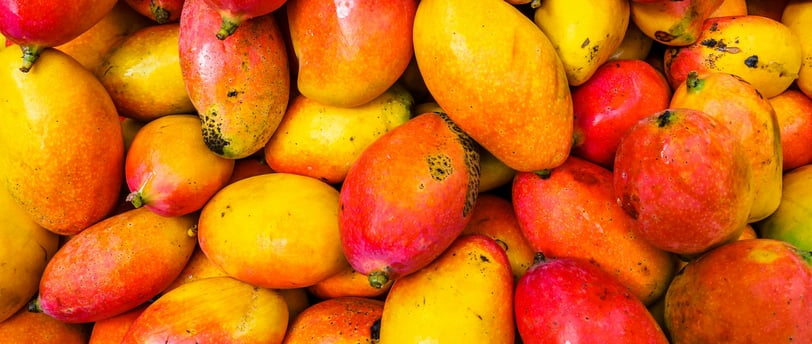Safety Alert on Fruit Sellers Using Calcium Carbide for Artificial Ripening
Despite a decade-old ban, some fruit sellers are still using calcium carbide for artificial ripening, endangering public health. This revelation has sent shockwaves through the community, raising questions about food safety and consumer protection in India.
FSSAI Issues Safety Alert on Fruit Sellers Using Calcium Carbide
In a startling turn of events, the Food Safety and Standards Authority of India (FSSAI) has sounded the alarm on a hazardous practice lurking in our fruit markets. Despite a decade-old ban, some fruit sellers are still using calcium carbide for artificial ripening, endangering public health. This revelation has sent shockwaves through the community, raising questions about food safety and consumer protection in India.
The Menace of Calcium Carbide
What is Calcium Carbide? Calcium carbide, a chemical compound with the formula CaC₂, is commonly used in industrial processes. However, its use in fruit ripening is illegal and dangerous. When calcium carbide reacts with water, it produces acetylene gas, which accelerates the ripening of fruits artificially. This method is known for its efficiency but poses significant health risks.
Health Hazards The calcium carbide and water reaction releases harmful substances that can cause serious health issues. Symptoms include dizziness, frequent thirst, weakness, difficulty in swallowing, and vomiting. Long-term exposure to these chemicals can lead to more severe conditions, making it imperative to eliminate this practice from fruit ripening processes.
Legal Status and FSSAI's Prohibition The use of calcium carbide for ripening fruits was banned by the FSSAI in 2011 due to its adverse health effects. Despite this ban, the FSSAI continues to find instances where this dangerous method is still being used.
Safer Alternatives: Ethylene Gas
The Role of Ethylene Ethylene, a naturally occurring plant hormone, is a much safer alternative for fruit ripening. It triggers a natural ripening process, ensuring that the fruits remain safe for consumption. The FSSAI recommends the use of ethylene gas at concentrations up to 100 parts per million, depending on the crop variety and maturity.
Proper Use of Ethylene Unlike calcium carbide, ethylene gas must be used correctly to ensure safety. The FSSAI has provided guidelines to avoid incorrect practices, such as dipping fruits in ethylene solutions, which can also be harmful.
Check out my YouTube Channel for more interesting content!
Persistent Challenges
Continued Use of Calcium Carbide Despite the ban and availability of safer alternatives, some traders continue to use calcium carbide due to its easy availability and lack of awareness about its dangers. A 2019 survey in Telangana revealed that many fruit sellers still resort to this banned substance, highlighting the need for increased vigilance and education.
FSSAI's Call to Action The FSSAI has urged state food safety departments to remain vigilant and take strict action against violators. This step is crucial to safeguard public health and ensure compliance with food safety regulations.
Conclusion
The use of calcium carbide for artificial ripening is a grave concern that endangers public health. Despite the ban, its continued use highlights the need for greater awareness and stricter enforcement of food safety laws. As consumers, it's essential to stay informed and demand safer practices from fruit sellers.
Check out my YouTube Channel for more interesting content!
For more intriguing insights into health, lifestyle, and all things India, delve into my other blog post. Connect with me on social media platforms such as Facebook, Instagram, and YouTube for a continuous flow of captivating content!


